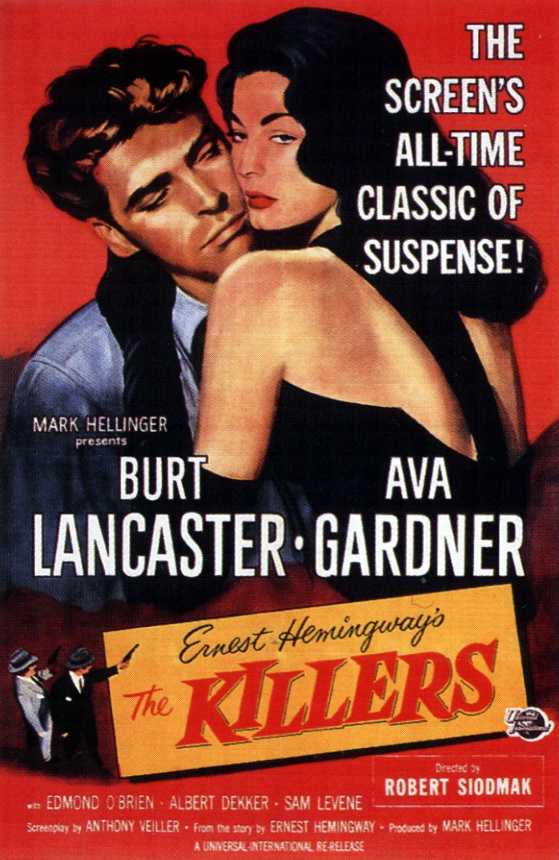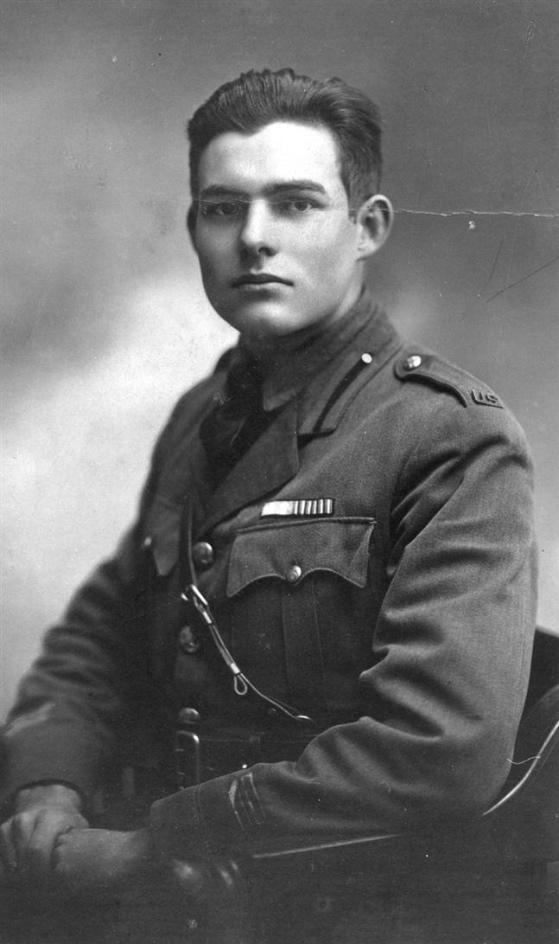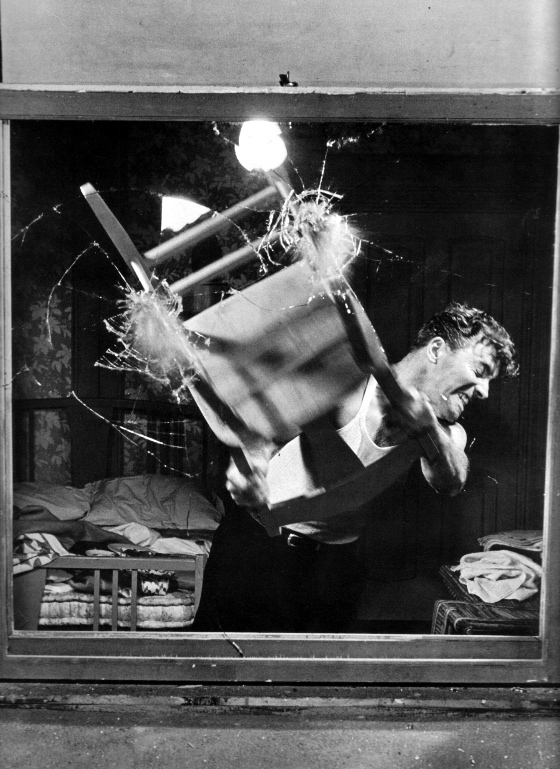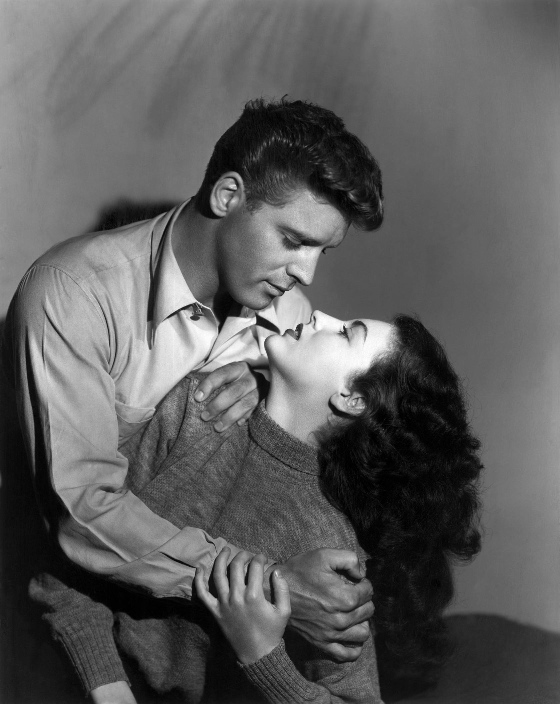
Tony D'Ambra, on his informative films noir
web log, questions my recent post on The Genealogy Of Noir for not paying sufficient attention to the influence of European Existentialism on the
style. I think he's got a valid point here, though the subject is
complicated. Existentialism itself was influenced by Poe, via
Baudelaire, and Hemingway's proto-existentialism, expressed most purely
in his early short stories, directly influenced film noir — and of course these short stories preceded the seminal writings of Sartre and Camus.
The influence of Hemingway on noir is of course most distinct in Robert Siodmak's The Killers,
based on the Hemingway story. The story was published in 1927 and
reflected a bleak view of human virtue, which is shown to consist
largely of facing death with stoic conviction. This decidedly
unromantic attitude was clearly a product of Hemingway's experiences in
WWI, and resonated precisely with the mood of the generation which had
just fought a second world war.

We can't see the existential dread that informs film noir as simply a product of Europe, an import, even though, as D'Ambra points out, many of the crucial filmmakers in the noir tradition were refugees from the European catastrophes of
the 30s and 40s. This view wouldn't explain the extraordinary
popularity of the form with American audiences for almost two
decades. Film noir must
have reflected anxieties buried deep in the post-war American psyche,
aroused by the sheer horrific spectacle of total war on a global scale
and by the unthinkable reality of the atomic bomb.

Although Siodmak's film softens Hemingway's story by giving us a
positive, resourceful guide through the moral maze that ultimately
destroys the Swede, the film approaches the condition of pure noir
because Lancaster's Swede is the star part in the picture — it's his
bleak fate we identify with, not that of the successful insurance
investigator played by Edmund O'Brien.

Lancaster, after all, is the one who gets to put his arms around
Ava Gardner, for which going to Hell seems a small enough price to pay
— and once you start thinking in those terms, you're already caught up
hopelessly in the maze of the noir's dark city.
